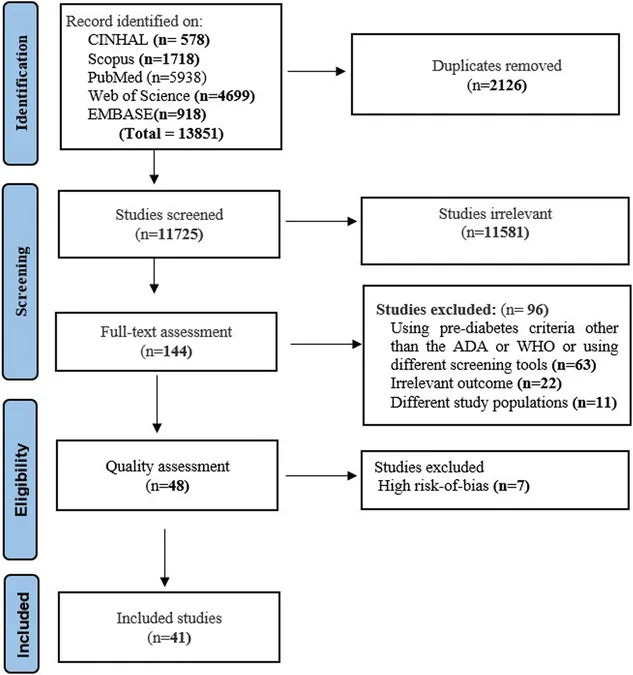
New Hope for Early-Onset Alzheimer’s: Promising Results from Gantenerumab Trials!
2025-04-01
Author: Daniel
Overview of Gantenerumab Trials
Recent clinical trial data regarding gantenerumab, a drug previously discontinued, has re-ignited hope in the battle against early-onset Alzheimer’s disease. This experimental treatment has shown a significant ability to reduce the accumulation of amyloid plaques—an essential feature characteristic of Alzheimer’s—within the brain, suggesting that it might slow cognitive decline for those afflicted with this challenging condition.
Understanding Early-Onset Alzheimer’s
Early-onset Alzheimer’s, which typically manifests before the age of 65, is often tied to specific genetic mutations that ramp up the production of amyloid beta, a protein that aggregates into harmful plaques. These plaques disrupt normal brain functioning, leading to debilitating memory loss and swift cognitive decline, often leaving patients and their families desperate for solutions.
Study Details and Results
The recent study, a randomized, placebo-controlled trial, involved 73 participants with rare genetic mutations associated with early-onset Alzheimer’s. The participants were monitored for changes in cognitive abilities and underwent brain imaging and blood tests throughout the trial. Intriguingly, of the 22 participants who began the study without any cognitive issues, prolonged treatment with gantenerumab for an average of eight years halved their risk of developing symptoms—from a staggering nearly 100% chance down to approximately 50%. Additionally, brain scans indicated a notable decline in amyloid plaque accumulation in these individuals.
Mechanism of Action
Gantenerumab functions as a monoclonal antibody, targeting amyloid beta in the brain and stimulating the immune system to clear these plaques. This process enhances the activity of microglial cells, the brain's primary immune agents, which normally help monitor and cleanse harmful substances from brain tissue. However, in Alzheimer’s patients, these microglia often struggle to clear plaques effectively, a hurdle that gantenerumab actively addresses.
Blood-Brain Barrier and Side Effects
Importantly, the drug can cross the blood-brain barrier—a formidable protective shield that many treatments fail to penetrate—allowing it to act directly on amyloid deposits. Although these results are promising, gantenerumab is not without risks. A significant concern is the occurrence of amyloid-related imaging abnormalities, which can manifest as swelling or minor bleeding in the brain on MRI scans. During this trial, over half of the participants experienced these side effects, although severe complications were not reported.
Cognitive Improvement and Cost Challenges
Despite the potential benefits, the modest cognitive improvements observed during the trial highlight the need for further investigation. Current findings raise questions about how significantly reducing amyloid plaques translates to tangible enhancements in memory and overall cognitive functioning. The manufacturing costs of gantenerumab may also pose a challenge for widespread access if it receives regulatory approval, given that similar therapies can cost around £25,000 per patient annually.
Significance of Study
While the study had a relatively small sample size focusing on a specific genetic form of early-onset Alzheimer’s, it undeniably contributes to the ongoing exploration of Alzheimer’s pathology. The amyloid hypothesis, which posits that the accumulation of amyloid plaques is a primary instigator of Alzheimer’s disease, gains more support with findings from gantenerumab and other emerging treatments.
Importance of Early Diagnosis
Crucially, these studies highlight the importance of early diagnosis in Alzheimer’s; therapeutic interventions like gantenerumab may yield the best outcomes when administered in the early stages of the disease. Advances in biomarker testing—utilizing blood tests and imaging—are critical for identifying at-risk individuals sooner, thereby enhancing treatment effectiveness.
Future Perspectives
Though gantenerumab was previously discontinued due to insufficient efficacy, this new data provides a fresh outlook and could potentially reopen the conversation about its manufacturing. The landscape of Alzheimer’s research is evolving at an unprecedented pace, and while challenges remain, this recent trial offers a glimmer of hope in the relentless fight against this unforgiving condition. Every new development brings us closer to realizing effective treatments, igniting hopes for those affected and their families. Stay tuned as breakthroughs continue to unfold in this critical area of healthcare!




 Brasil (PT)
Brasil (PT)
 Canada (EN)
Canada (EN)
 Chile (ES)
Chile (ES)
 Česko (CS)
Česko (CS)
 대한민국 (KO)
대한민국 (KO)
 España (ES)
España (ES)
 France (FR)
France (FR)
 Hong Kong (EN)
Hong Kong (EN)
 Italia (IT)
Italia (IT)
 日本 (JA)
日本 (JA)
 Magyarország (HU)
Magyarország (HU)
 Norge (NO)
Norge (NO)
 Polska (PL)
Polska (PL)
 Schweiz (DE)
Schweiz (DE)
 Singapore (EN)
Singapore (EN)
 Sverige (SV)
Sverige (SV)
 Suomi (FI)
Suomi (FI)
 Türkiye (TR)
Türkiye (TR)
 الإمارات العربية المتحدة (AR)
الإمارات العربية المتحدة (AR)